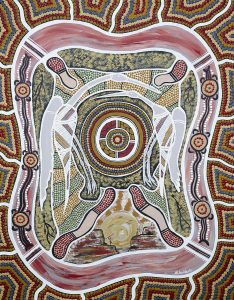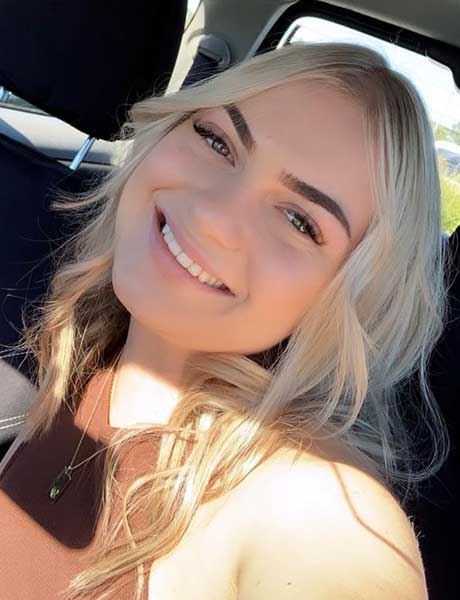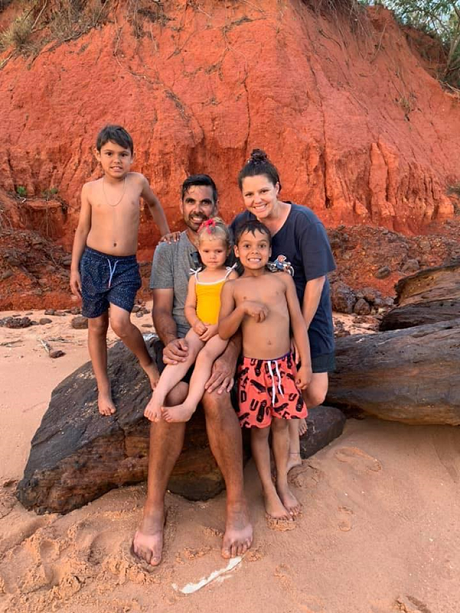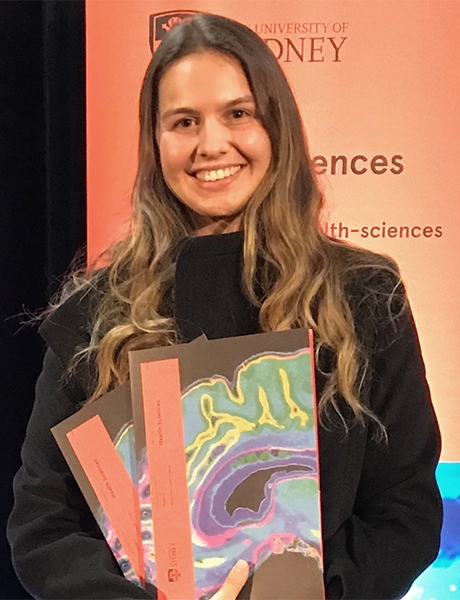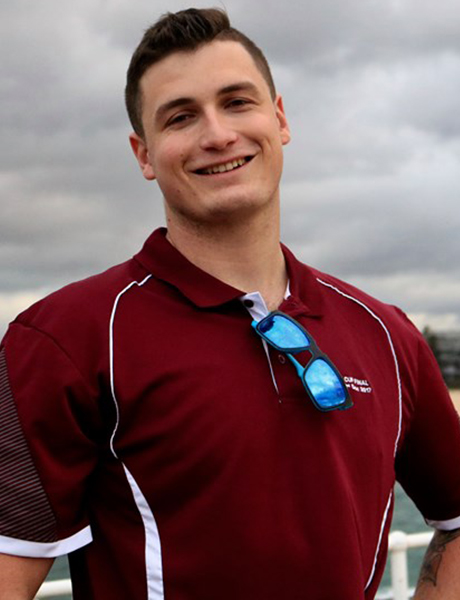The Puggy Hunter Memorial Scholarship Scheme (PHMSS) is designed to encourage and assist undergraduate students in health-related disciplines to complete their studies and join the health workforce. The scheme provides scholarships for Aboriginal and/or Torres Strait Islander people studying an entry level health course.
The Australian Government established the Scheme as a tribute to the late Dr Arnold ‘Puggy’ Hunter’s outstanding contribution to First Nations Australians’ health and his role as Chair of the National Aboriginal Community Controlled Health Organisation (NACCHO). NACCHO News – special tribute edition provides an insight to Puggy and his tireless efforts to improve Aboriginal health.

